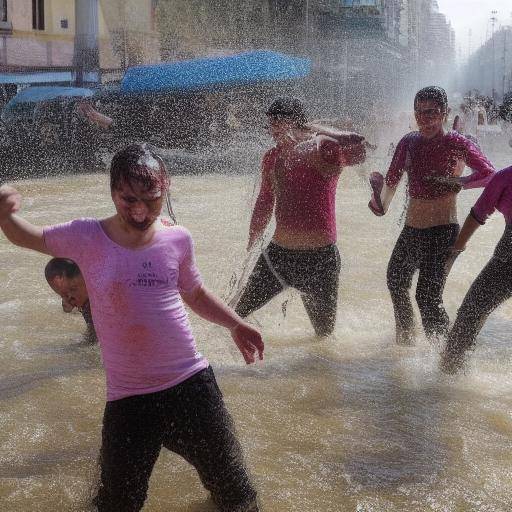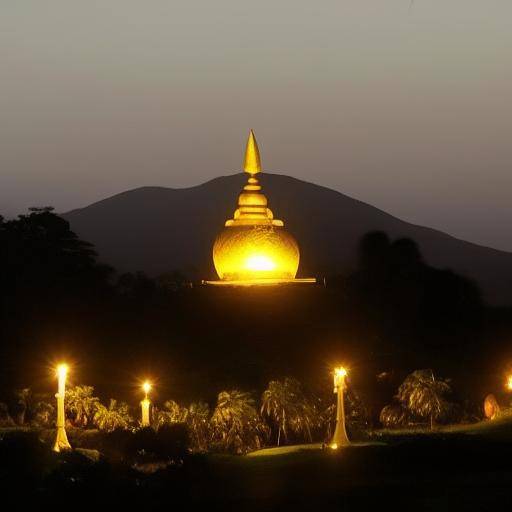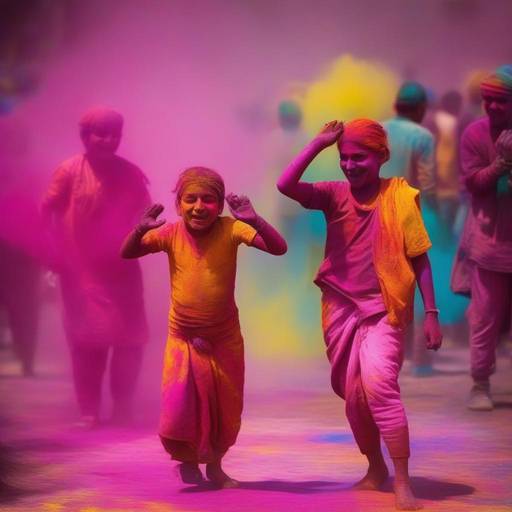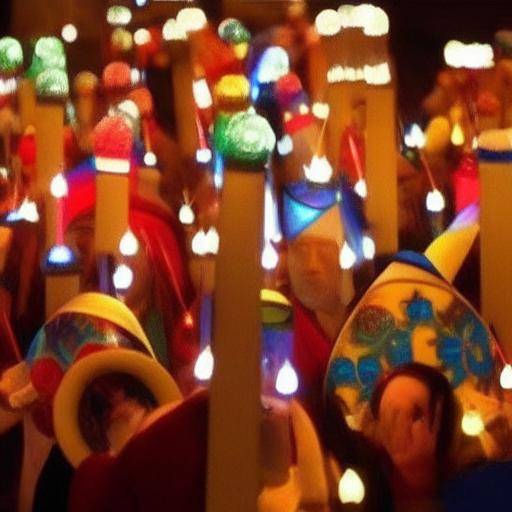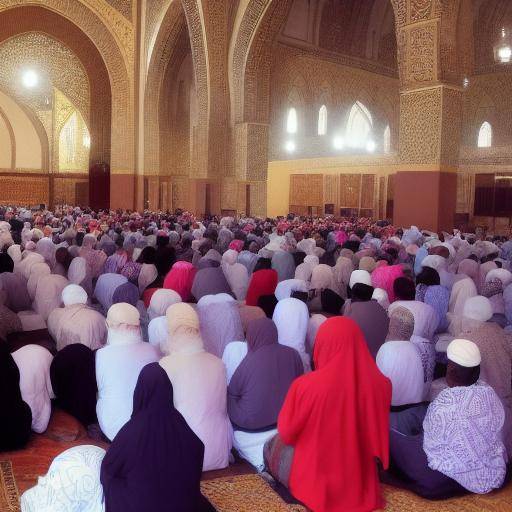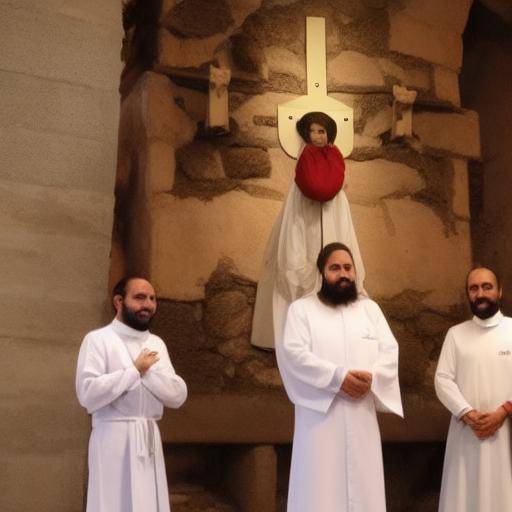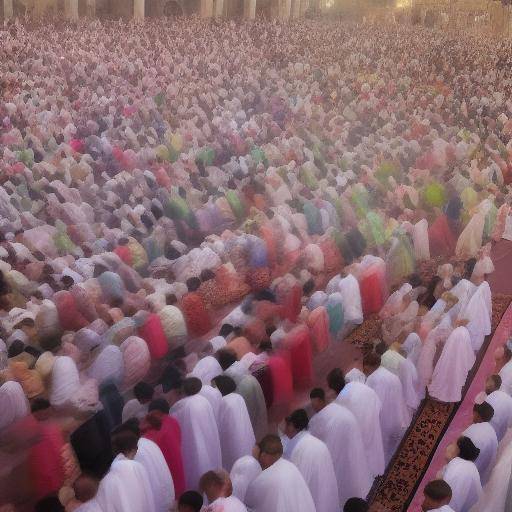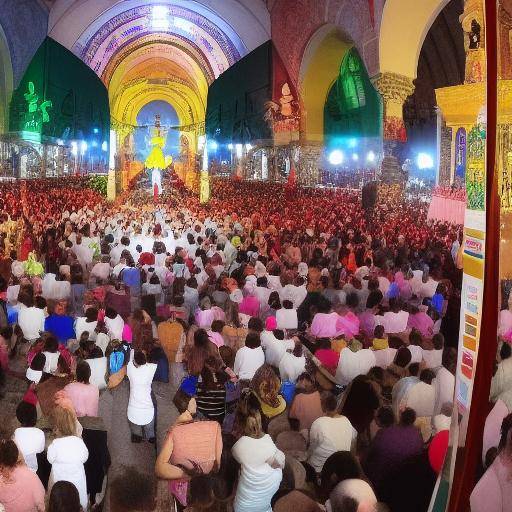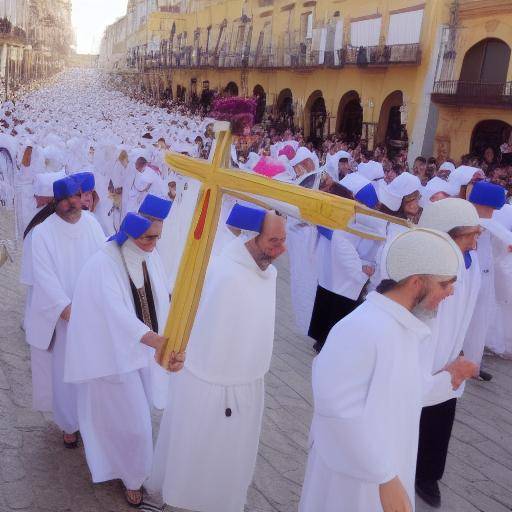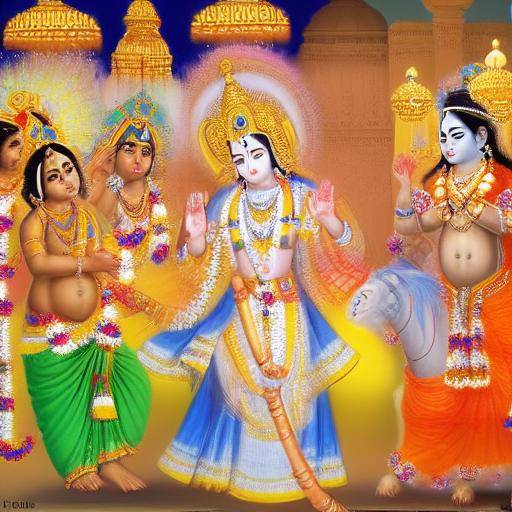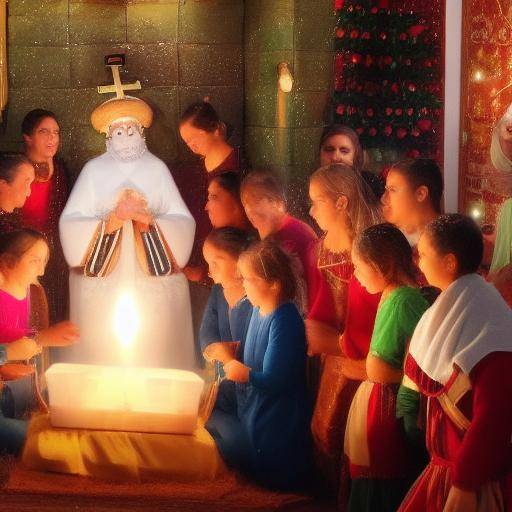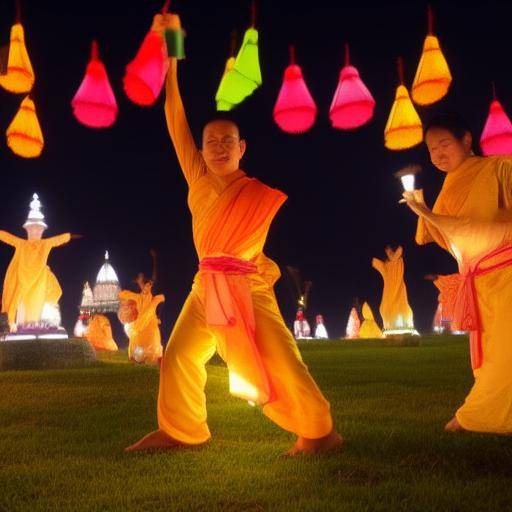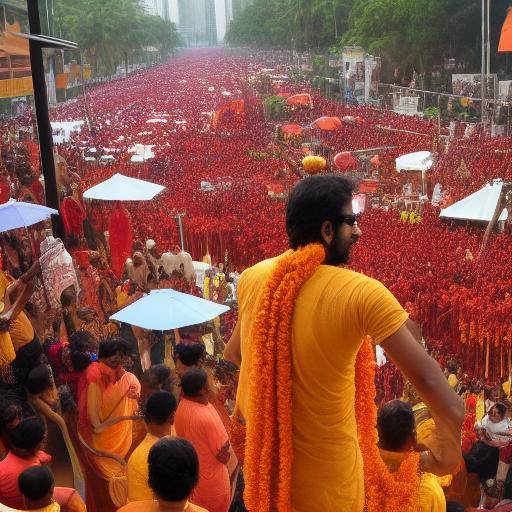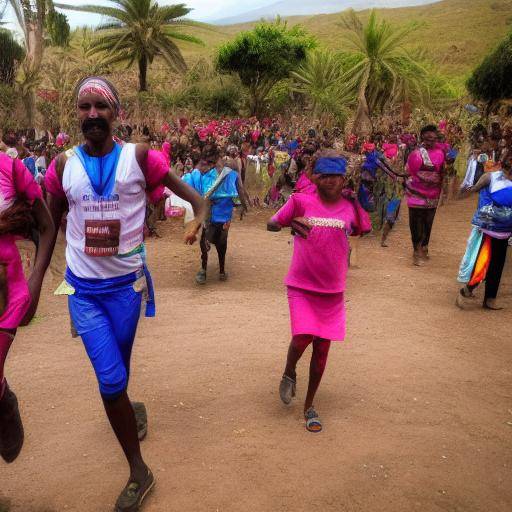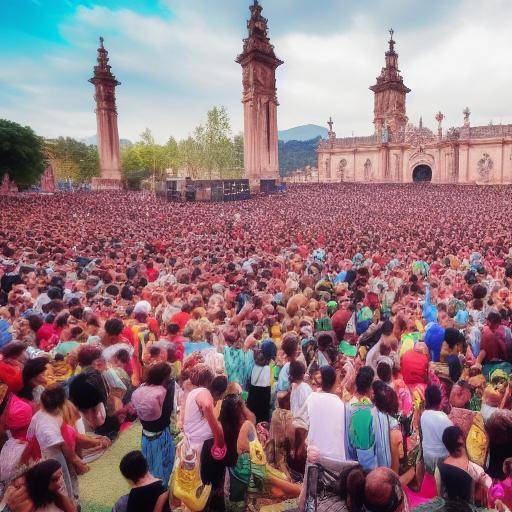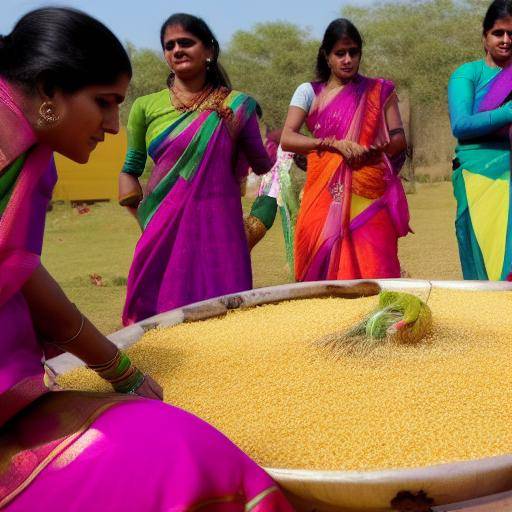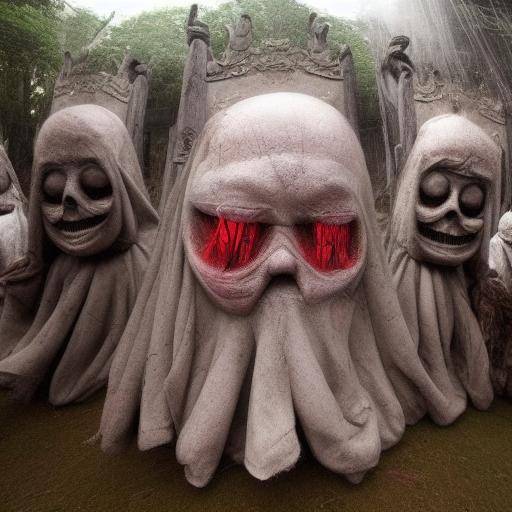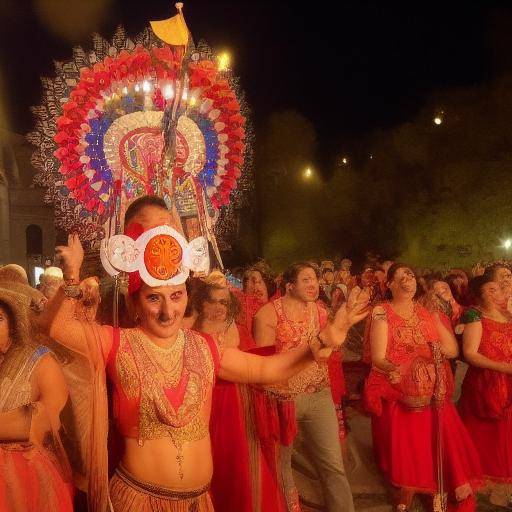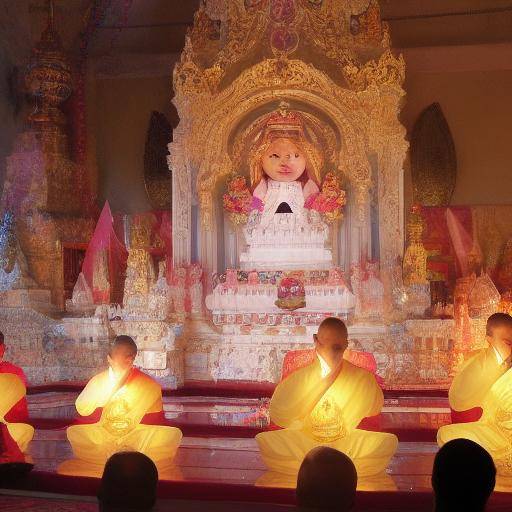
Vesak, known as the Buddhist celebration of Buddha's birth, is a religious festival of great importance for millions of followers of Buddhism around the world. In this article, we will explore in detail the history, meaning, traditions and practices associated with Vesak, as well as its relevance in Buddhist religion, under the framework of religious festivals. In addition, we will analyze the similarities and differences between Vesak, other religious festivals and Buddhism in general.
Introduction
The celebration of Vesak, also known as "Buddha Purnima" in some countries, commemorates the birth, enlightenment and death of Siddhartha Gautama, who eventually became Buddha, the central figure in Buddhism. During this celebration, the followers of Buddhism gather to reflect, meditate, perform acts of generosity and honor Buddha's life and teachings.
In this extensive article, we will explore not only the history and traditions associated with Vesak, but also its impact on the religious practice of Buddhism, comparing it with other religious festivals and analyzing their implications in the daily lives of the followers of this millennial faith.
History and Meaning of Vesak
The origin of Vesak dates back to more than 2500 years, when Buda was born in present Nepal. Over the centuries, this celebration has evolved and acquired multiple meanings for the devotees of Buddhism. During the Vesak, various activities are carried out, such as the decoration of temples with flowers, the realization of offerings and the participation in processions that symbolize Buddha's illumination.
The Vesak not only commemorates the birth of Buddha, but also its illumination and death. This triptych of events is fundamental in Buddha's life and Buddhist philosophy, as they represent the search for enlightenment, the understanding of the nature of suffering and the path to the liberation of the reincarnation cycle, also known as samsara.
Vesak practices and traditions
During Vesak, the followers of Buddhism are dedicated to acts of generosity, compassion and meditation. Practices may vary according to the different traditions of Buddhism in different countries, but in general, observance includes offerings of food, flowers and candles, as well as participation in charitable activities and reciting Buddha's teachings.
Analysis in Deep: Impact of Vesak on the Religious Practice of Buddhism
Vesak plays a crucial role in the religious practice of Buddhism, as it gives followers the opportunity to reflect on Buddha's teachings, cultivate compassion and goodness, and strengthen their commitment to the fundamental principles of this philosophy. This holiday is a reminder of the importance of enlightenment, understanding and liberation of suffering, and offers an approach to meditation and spiritual self-creation.
Comparison of Vesak with Other Religious Festivals and Buddhism
By comparing Vesak with other religious festivals, such as Christmas in Christianity or Eid al-Fitr in Islam, similarities can be observed regarding the importance of spiritual reflection, generosity and fraternity. However, each festival has its own particularities that reflect the specific teachings and beliefs of each religion.
In relation to Buddhism, Vesak represents a key moment for the expression of faith and the connection with the central teachings of Buddhism. Although Buddhism encompasses a wide range of traditions and practices, Vesak is a unifying holiday that unites followers through a shared sense of devotion and gratitude to Buddha.
Conclusions and FAQs
Conclusions
The Vesak stands out as one of the most significant moments in the spiritual life of Buddhists, providing an opportunity to reflect on the timeless teachings of Buddha, to foster compassion and generosity, and to renew commitment to the path to enlightenment. From its traditional rituals to its impact on everyday practice, Vesak continues to play a central role as a spiritual and cultural celebration.
Frequently asked questions
When is the Vesak celebrated?
The Vesak is celebrated on the full moon of May, although the exact date may vary according to the lunar calendar of each country.
What does Vesak mean to the followers of Buddhism?
The Vesak commemorates the birth, enlightenment and death of Buddha, and represents a moment of reflection, meditation and generosity for the followers of Buddhism.
How is Vesak celebrated?
Vesak celebrations often include the decoration of temples with flowers, food and candle offerings, the recitation of Buddha's teachings, as well as the participation in charity and meditation.
How does Vesak differ from other religious festivals?
Although it shares similarities regarding its approach to spirituality and generosity, Vesak is distinguished by the specific commemoration of key events in Buddha's life and its relevance in the specific practices of Buddhism.
What is the importance of Vesak in Buddhism?
Vesak is fundamental in Buddhism, as it gives followers the opportunity to reflect on Buddha's teachings, cultivate compassion and strengthen their commitment to the fundamental principles of this philosophy.
How can you participate in the Vesak celebrations?
Buddhism followers can participate in the Vesak celebrations by attending religious services in temples, offerings of flowers, food and candles, and participating in charitable activities in their communities.
With this complete guide on Vesak, religious festivals and Buddhism, readers will be able to gain an integral understanding of this important celebration and its implications in the religious and spiritual practice of millions of people around the world.


